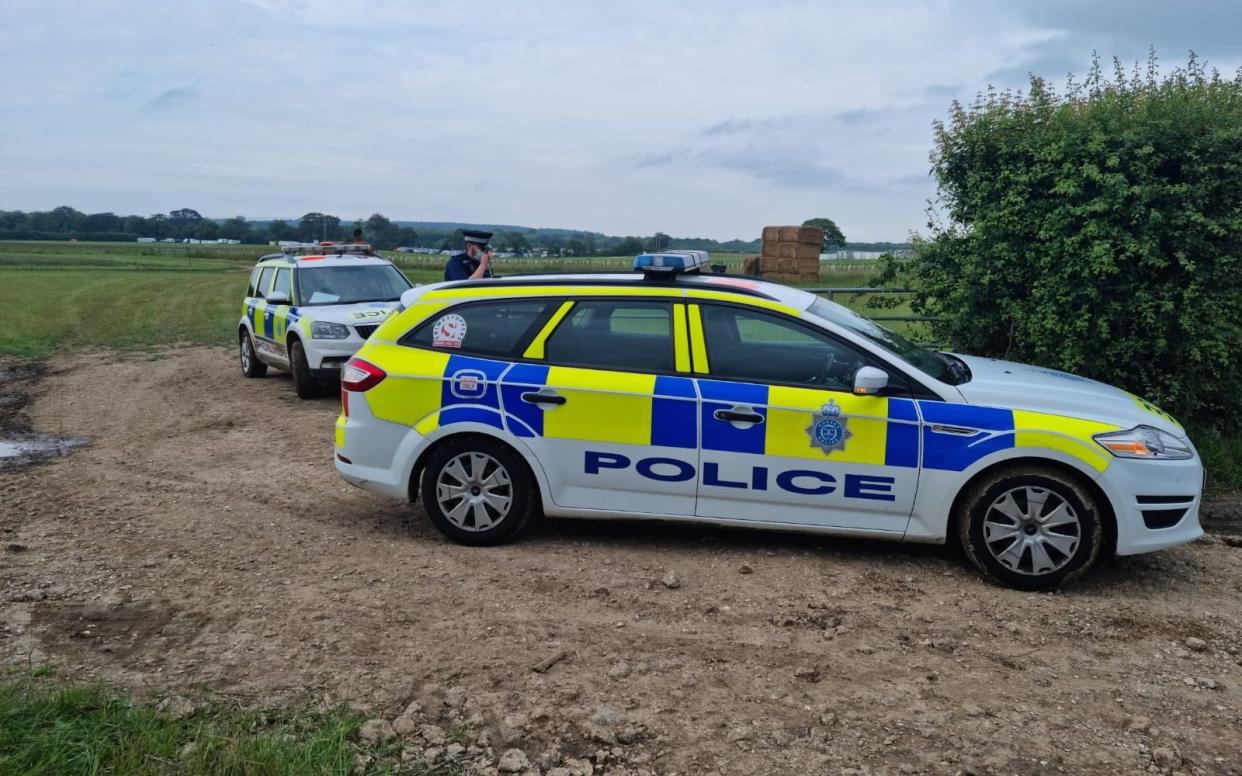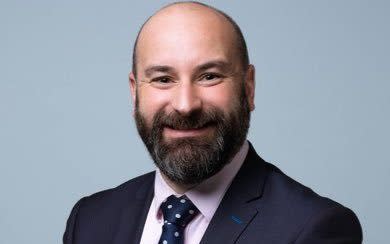Police officers being silenced on social media by their bosses, says crime commissioner

Police officers are being wrongly silenced on social media by their bosses, a top crime commissioner has said as he warned that a new online policy risks damaging community relations.
Marc Jones, the incoming chairman of the Association of Police and Crime Commissioners (APCC), said the policy meant virtual bobbies on the beat who gave the public a real human insight on their jobs through Twitter and Facebook were being replaced by "sterile corporate accounts".
He said the officers were putting "personality to the uniform" but their accounts were being culled because of a narrow interpretation of European rules which say any police social media accounts should be monitored 24/7 in case any crime is reported to them.
"At a time when public engagement by policing has never been more vital, we are seeing the enforced closure of many 'private' or individually run social media accounts," said Mr Jones. "This is an unintended consequence of wanting to provide a 'better' 24/7 public service. An urgent national review is needed.
"It's fair enough to have Twitter accounts which are providing factual information such as alerting motorists to a road collision on a road. But equally some people will want a very personal account of what the drone operator or the dog unit or the firearms officers get up to. It puts a personality to the uniform.
"I'm very concerned that in the 18 months we've just been through with the pandemic, the legitimacy of policing has been tested to the limits. We've never needed the public to understand what policing is about more, and I think we're in danger of losing that."

North Yorkshire is one police force that has already adopted the policy by barring officers from posting as individuals and instead asked them to use eight district channels for sharing news and views.
The National Police Chiefs' Council (NPCC) maintains the change is necessary to reduce the risk that information and crimes reported via officers' individual Twitter accounts, which are not monitored daily, could be missed.
However, it has already been hit by a backlash. Twitter user Foxtrot Cop, followed by more than 11,000 people, said: "Has North Yorkshire Police gone stark raving mad? Why on earth would you close all of your individual accounts and lose the chance to have millions more interactions? People want to hear from the cops on the ground, not pre-written, drab statements from corporate comms."
Former Met and North Yorkshire Police officer turned author Mike Pannett tweeted: "Massive PR failure if they do close individual accounts. Especially in these times, clearly no concept of what social media can achieve."
The North Yorkshire Police dog handling team has 12,600 Twitter followers, and hundreds expressed their disappointment when the team tweeted that their account was closing.
Mr Jones said a simple solution would be to add a note to the biography of the social media account that it was not being monitored 24/7. He said police chiefs should trust their frontline staff who knew what the rules and codes of conduct were expected of police officers.
"The rules of good conduct for a police officer are pretty clear to police officers. They are held to account for those all the time. I don’t see why you need a different set of rules for this," he said.
The NPCC says its policy is based on a survey of police social media users, of which only 20 per cent wanted insights into police work, while 75 per cent wanted updates on incidents.
It claimed it highlighted "a dislike for overly personal content, that can run a risk of not representing the service in a good light, or content that was seen as mutual backslapping without a community focus".
Critics, however, say it asked only about corporate accounts rather than whether individuals should be silenced.

